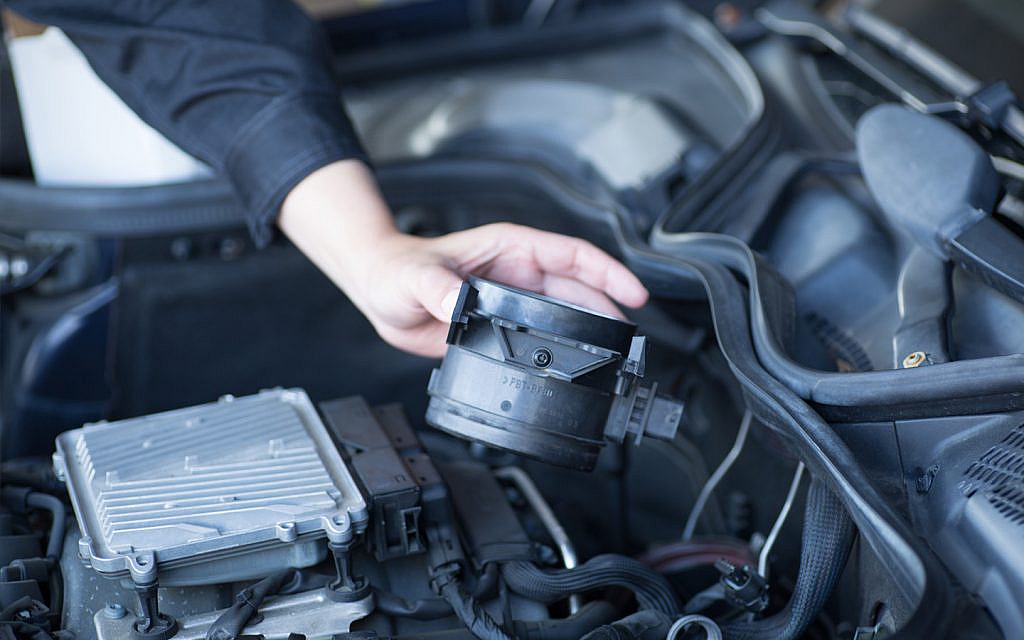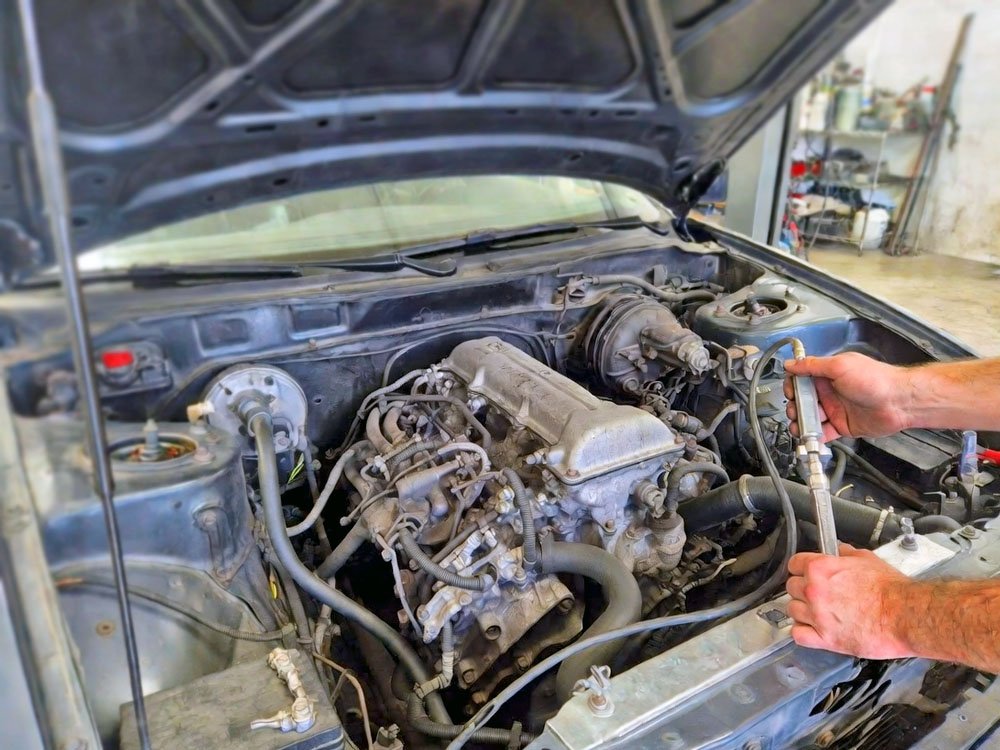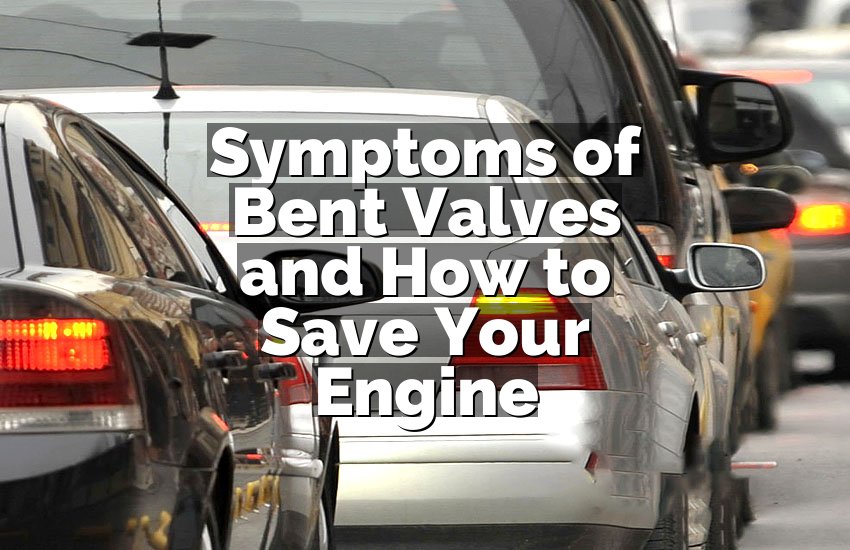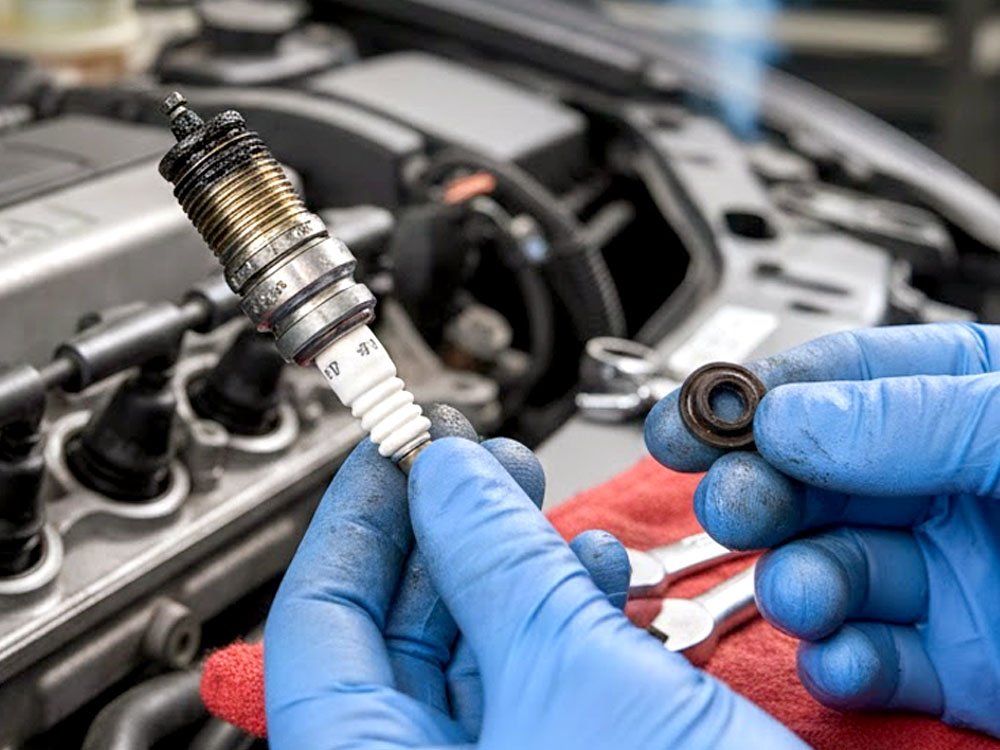If your car feels sluggish when accelerating, possible causes include dirty air filters or a failing fuel pump. To fix this issue, start by checking and replacing the air filter if necessary.
Additionally, ensure the fuel system is clean and functioning properly. Consider having a mechanic inspect the fuel pump and spark plugs for any issues. Proper maintenance and timely repairs can help restore your car’s acceleration performance. By addressing these potential issues promptly, you can enjoy a smoother and more responsive driving experience.
Common Causes Of Sluggish Acceleration
Clogged Air Filter
If your car feels sluggish when accelerating, one possible cause could be a clogged air filter. The air filter plays a crucial role in the combustion process by ensuring clean airflow to the engine. Over time, dirt, dust, and debris can accumulate in the air filter, restricting the amount of air that enters the engine. This can lead to a shortage of oxygen, resulting in sluggish acceleration and reduced power output.
Faulty Fuel System
Another common cause of sluggish acceleration is a faulty fuel system. The fuel system consists of various components such as the fuel pump, fuel injectors, and fuel filter, which work together to supply the engine with the necessary fuel for combustion. Issues with any of these components, such as a clogged fuel filter or a malfunctioning fuel pump, can disrupt the fuel flow, leading to inadequate fuel supply to the engine. This can cause a drop in acceleration and overall performance.
Worn-out Spark Plugs
Worn-out or faulty spark plugs can also contribute to sluggish acceleration. Spark plugs are responsible for igniting the fuel-air mixture in the engine cylinders, creating the combustion necessary for power generation. Over time, spark plugs can become worn or fouled, leading to weak sparks or misfires. This can result in uneven power delivery and a noticeable lack of acceleration.
Troubleshooting Steps
When your car feels sluggish during acceleration, it can be frustrating and concerning. However, before panicking, it’s essential to take a systematic approach to troubleshooting the issue. By following these simple steps, you can identify and potentially solve the problem without a trip to the mechanic.
Check The Air Filter
A clogged air filter can restrict airflow to the engine, leading to poor acceleration. It’s recommended to visually inspect the air filter for dirt, debris, or clogs, and replace it if necessary. Refer to your vehicle’s manual for the specific location and replacement procedure.
Inspect The Fuel System
A dirty or clogged fuel filter can hinder the flow of fuel, affecting acceleration. It’s important to inspect the fuel filter and fuel lines for any signs of blockage. Additionally, consider using a fuel system cleaner to remove any deposits that may be impacting performance.
Replace Spark Plugs
Worn or fouled spark plugs can result in sluggish acceleration. Consider replacing the spark plugs at regular intervals, following the manufacturer’s recommendations. This simple maintenance task can significantly improve engine performance.
Do-it-yourself Fixes
If your car is feeling sluggish when accelerating, there are several do-it-yourself fixes you can try before heading to a mechanic.
Clean Or Replace The Air Filter
Start by checking your car’s air filter as a clogged or dirty filter can restrict air flow to the engine, causing poor acceleration.
Clean The Fuel Injectors
Regularly cleaning the fuel injectors can improve fuel efficiency and help your car accelerate smoothly.
Change Fuel Filter
A dirty fuel filter can also contribute to sluggish acceleration, so consider changing it regularly to keep your engine running smoothly.
Replace Spark Plugs
Replacing spark plugs is another simple fix that can improve acceleration as worn-out plugs can lead to misfires and reduced engine performance.

Credit: issautomotive.com
When To Seek Professional Help
When to Seek Professional Help:
If you notice persistent sluggishness despite trying basic fixes, contact a mechanic.
Delaying professional assistance for major engine problems may worsen the issue.
- Complex electronic issues can cause acceleration problems; consult a specialist.
- Professional diagnosis is crucial for intricate electronic system malfunctions.
Persistent sluggishness during acceleration warrants expert evaluation to prevent damage.
If basic troubleshooting doesn’t resolve acceleration issues, seek professional help promptly.
Preventive Maintenance Tips
Ensuring your car’s optimal performance and preventing sluggish acceleration can be achieved through proper preventive maintenance. The following tips will help keep your vehicle running smoothly.
Regularly Replace Filters
Improperly maintained air filters can restrict airflow to the engine, leading to reduced acceleration. It is essential to regularly replace both the engine air filter and the fuel filter to ensure optimal combustion and performance.
Use High-quality Fuel
Investing in high-quality fuel is crucial for your car’s performance. Choosing high-quality fuel can prevent engine knocking and buildup of deposits, ensuring a smooth and efficient acceleration experience.
Follow Manufacturer’s Maintenance Schedule
Adhering to the manufacturer’s maintenance schedule is vital for keeping your car in top condition. Regular oil changes, fluid checks, and overall maintenance help prevent sluggish acceleration and ensure the longevity of your vehicle.

Credit: www.whocanfixmycar.com

Credit: www.dubizzle.com
Conclusion
Understanding the causes behind your car feeling sluggish when accelerating is crucial for prompt resolution. Regular maintenance, such as cleaning the air filter and fuel system, can often restore performance. If the issue persists, seeking professional diagnostics and repairs is advisable to ensure optimal driving experience and safety.


